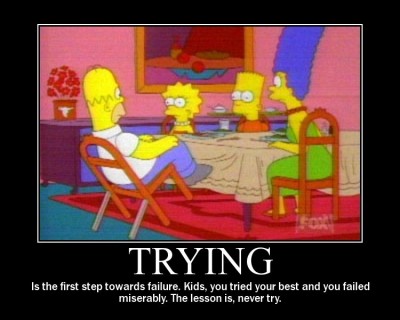This summer, I was invited to share Letters from Silicon Valley with the BBC. This is the first of my letters and aired on BBC Business Daily on Friday September 26th, 2014. It was bookended by an interview with Silicon Valley’s Peter Thiel and the haunting opus, Do Not Go Gentle Into That Good Night, read by Dylan Thomas.
Listen to the podcast (Letter from Silicon Valley starts at 11:12)
The BBC’s Manuela Saragosa hosted the show. Here’s her introduction:
Saragosa: Seeing the world from a Silicon Valley perspective where failing is essential to success…
van Diggelen: You might be thinking that encouraging employees to fail is the nuttiest thing you’ve ever heard. But here’s the thing: if you don’t create a risk taking culture, then how are you going to invent the future?
Saragosa: … that’s Silicon Valley for you. As Peter Thiel says, it’s a counter cultural kind of place and California’s ultra competitive technology industry has its own way of going about things. Take success: to get there, failure is positively encouraged. Journalist, Alison van Diggelen has this report from San Francisco.
van Diggelen: The popular cartoon character, Homer Simpson famously said, “Trying is the first step to failure.”
I imagine Homer wouldn’t survive long in the tech world of Silicon Valley, where trying and failing is vital to the region’s dominance as the global center of innovation.
In Silicon Valley, it’s a badge of honor to fail, as long as you fail fast and learn from the experience. Here in Silicon Valley, mistakes don’t define you. They refine you.
Fear of failure doesn’t hold people back.
That’s why Google is constantly putting out products “in beta.” They try them out, and if they take off, like Gmail, support goes full throttle.
We all know Gmail, but do you remember Google Desktop, Google PowerMeter and Google Health? Probably not. They were launched and then quietly discontinued. Failures, yes, but you can be sure they delivered valuable lessons for Google products. Google Glass may go the same way, but it won’t damn the company as a failure. Not in Silicon Valley, anyway.
 You see, failure is viewed differently here. That’s why innovation blooms in SV.
You see, failure is viewed differently here. That’s why innovation blooms in SV.
And that’s why Silicon Valley gets the lions share of venture capital investment.
Some of the most innovative leaders in SV have the mantra, “if you’re not failing half the time, you’re not trying hard enough.”
They create a climate of cooperation, allowing teams to make and learn from mistakes, and change “business as usual.”
For skeptics, you might think encouraging employees to fail is the nuttiest thing you’ve ever heard, but here’s the thing: If you don’t create a risk-taking culture that condones, even celebrates failure, then how are you going to invent the future?
Incremental steps just won’t cut it. True innovation needs giant leaps.
If Steve Jobs and Steve Wozniak had accepted the DOS command-line-interface and didn’t ‘think different,’ we might still be stuck in the dark ages of black computer screens…
But how to overcome your fear of failure?
I recently interviewed Professor John Krumboltz at the Commonwealth Club of California. He’s the author of Fail Fast, Fail Often and is renowned for his fail fast, fail often mantra. He’s spent a lifetime at Silicon Valley’s Stanford University, exploring why successful people spend less time planning and more time acting.
“Making mistakes is important to human development,” he stresses. “Just do it!”
He cites the example of SV’s Pixar Studios, which makes computer-animated films like Wall-e and Finding Nemo. Pixar’s President, Ed Catmull says a few good ideas are often buried amid many “half-baked and outright stinkers.” By giving themselves permission to fail again and again, the team weeds out bad ideas quickly and gets to the place where real work can occur. Catmull describes the process as going from “suck” to “non-suck.”
In the business world, fear of failure can prevent you sticking your neck out, being innovative, trying something new. Perhaps you’re paralyzed by the Homer Simpson’s defeatist: “if I don’t try, then I won’t fail.”
Instead, remember that no one sets out to fail: failure isn’t your friend, but fear of failure is definitely your enemy.
Alison van Diggelen, of Fresh Dialogues, for the BBC World Service in Silicon Valley
Find out more about my appearances on BBC World Service




